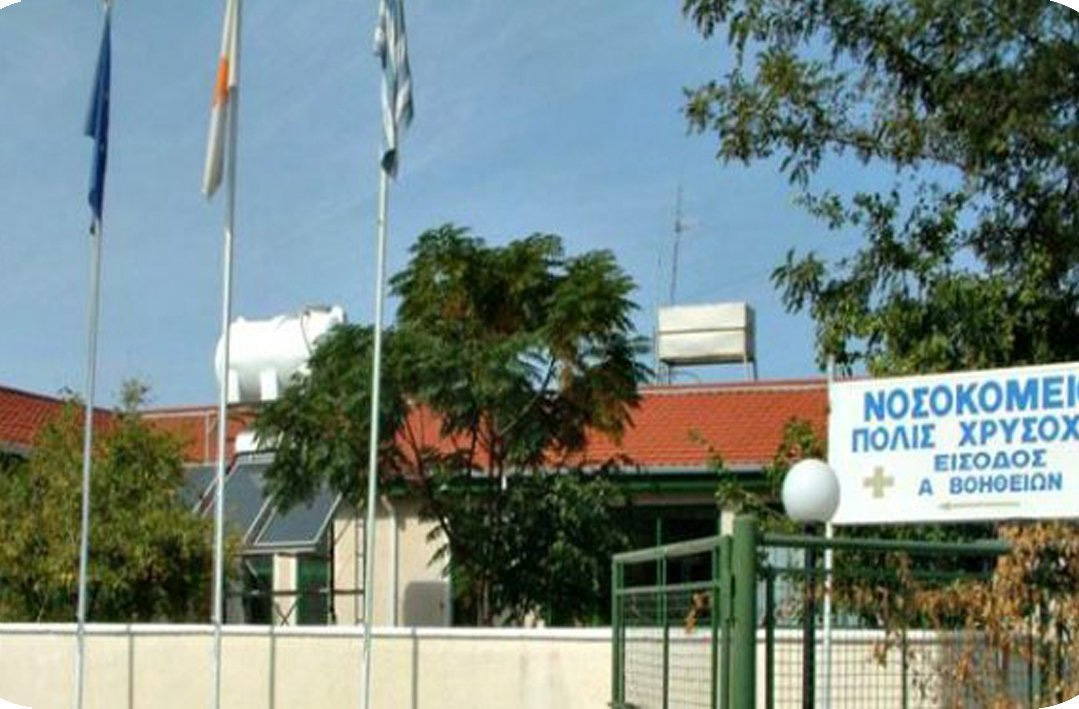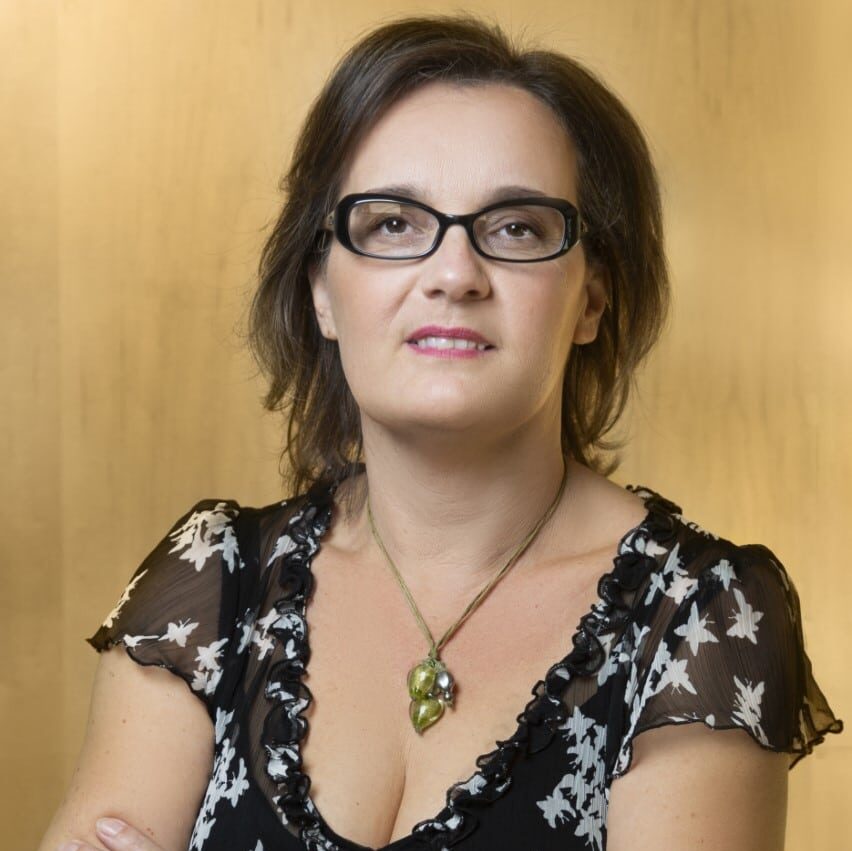RSV, coronavirus and influenza virus cases increased hospital bed occupancy throughout December and the holiday season, Professor of Microbiology and Molecular Virology at the Medical School of the University of Nicosia Dr Petros Karagiannis said on Sunday.
He added that the ‘new’ virus that appeared recently in China is not new, but another virus with similar respiratory symptoms, such as RSV.
“As shown by the fullness of beds in hospitals, from the beginning of December and throughout Christmas there is an increased trend of cases from three main viruses, RSV, coronavirus and influenza virus, which came earlier than usual,” he told the Cyprus News Agency. These viruses normally peak in January, he added.
“These three viruses are the ones that send people, young and elderly, to hospital,” he said.
All three are caught in the same way – through the respiratory tract by inhaling microdroplets that an infected person gives off when talking or sneezing. They can be inhaled or picked up from contaminated surfaces.
Asked if there is cause for concern about the outbreak of coronavirus cases, he said that it has become less aggressive due to the general immunity in the population at the moment, which causes it to mutate not for the worse, but for the better as far as we as hosts are concerned, causing fewer problems than in the past.
“But it’s still dangerous for people whose immune systems are compromised and for older people, who may have other problems,” he said, adding that the same applies to the other two viruses.
It is not too late to get vaccinated though, he said. “Unfortunately there is a bias against vaccines due to misinformation for the most part, which concerns some people and they avoid being vaccinated and protected in this way.”
But with an expected rise in cases in January and February, the vaccines can still offer protection.
Asked about reports of a ‘new, mysterious’ virus in China, he said it is human metapneumovirus (HMPV) which “has been known for more than 20 years and mostly does not cause severe symptoms.”
This virus has similar symptoms to RSV and is caught in the same way and again those at risk of being hospitalised are young children or vulnerable older people.
“There is no need for people to worry about this virus because the symptoms are mild.”






Click here to change your cookie preferences